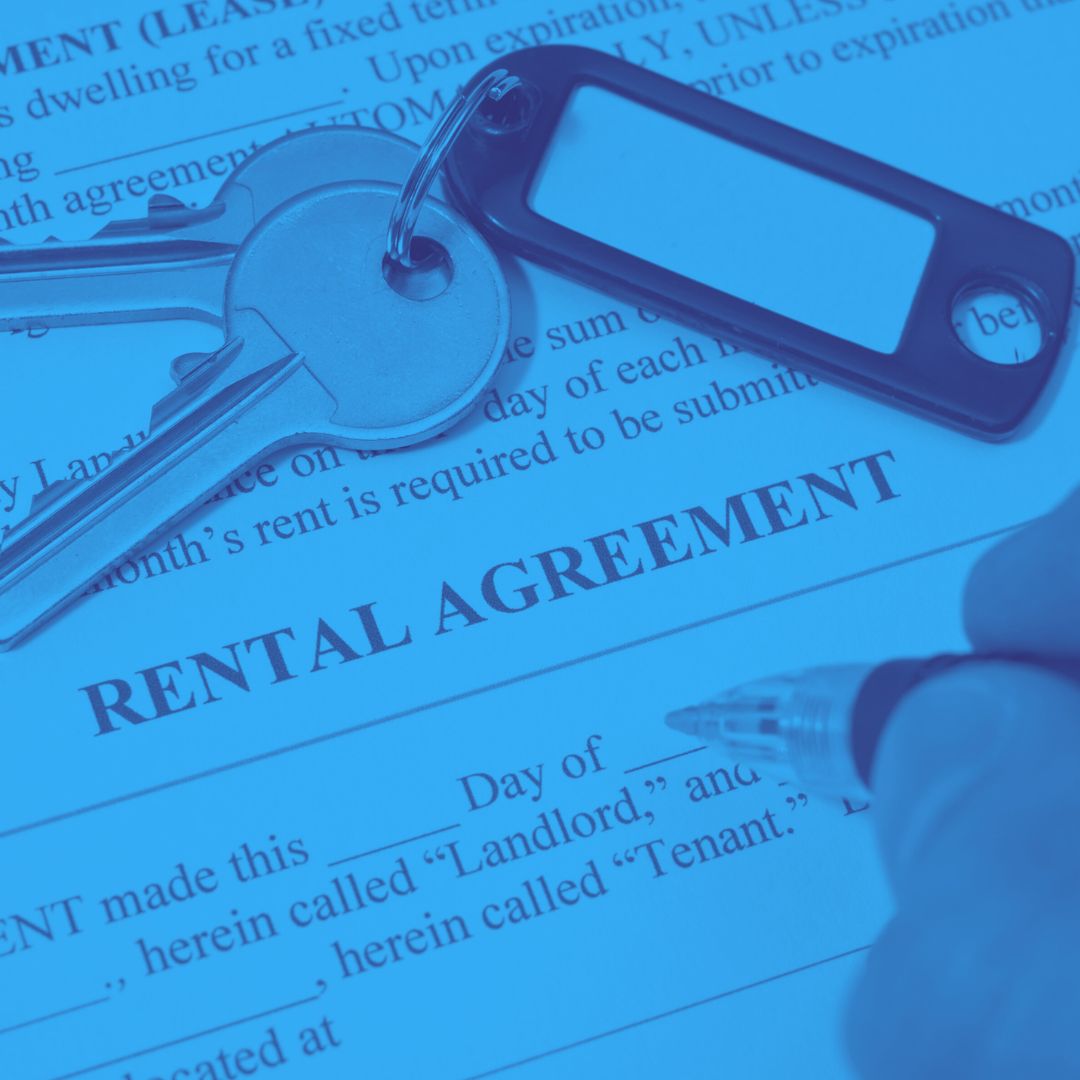
If you’re part of the rental real estate market, understanding your federal tax obligations is crucial. Here’s a detailed guide to help you manage your tax responsibilities efficiently:
Understanding Rental Income
- What Constitutes Rental Income?: All payments received for the use or occupation of your property must be reported as income. This includes:
- Advance Rent: Include in your income for the year it is received, not when it’s earned.
- Security Deposits: If used as a final rent payment, they are considered advance rent.
- Lease Cancellation Payments: Treat these as rental income in the year received.
- Tenant-Paid Expenses: If tenants pay expenses like utilities, include these amounts in your income.
- Non-Monetary Compensation: If rent is paid in services or property, report the fair market value.
Deductible Expenses for Rental Property
- Allowable Deductions: You can deduct expenses directly related to your rental property, including:
- Operating Expenses: Such as mortgage interest, property taxes, insurance, utilities, and advertising.
- Repairs and Maintenance: Costs to keep the property in good condition.
- Depreciation: Over time, for the wear and tear of the property.
- Improvements: Costs are capitalized and recovered through depreciation, not immediate deduction.
Reporting Income and Expenses
- Tax Forms:
- Schedule E (Form 1040 or 1040-SR): Used to report income or loss from rental real estate properties. Here, you list each property’s income, expenses, and depreciation.
- Form 4562: Essential for calculating depreciation.
- Multiple Properties: If you have over three properties, attach additional Schedules E, detailing each property but totaling only on one Schedule.
- Loss Limitations: If expenses exceed income, your deductible loss might be limited by passive activity loss rules (Form 8582) or at-risk limitations (Form 6198).
Personal Use of Rental Property
- If you personally use a rental property (like a vacation home), deductions might be limited based on the ratio of personal to rental use. Refer to Publication 527 for specific guidelines.
Record Keeping
- Documenting Income and Expenses: Keep thorough records for all financial transactions related to your rentals. This includes:
- Receipts, Bills, and Canceled Checks: Essential for proving expenses.
- Income Records: Copies of rental agreements, receipts of rent received, etc.
- Audit Preparedness: Good records are your best defense in an audit, supporting your reported figures and ensuring compliance with tax laws.
Conclusion
Owning rental property can be financially rewarding, but it comes with significant tax responsibilities. By understanding what constitutes rental income, allowable deductions, proper reporting methods, and maintaining meticulous records, you can navigate the tax landscape effectively. Always consider consulting with a tax professional for personalized advice, especially in complex scenarios or when laws change. Remember, accurate tax reporting not only keeps you compliant but can also maximize your financial returns from rental real estate.
Disclaimer: The information provided above is not meant to be legal or tax advise. You should consult your CPA and attorney to determine the best course of action for your situation.
Mitzi E. Sullivan, CPA is a cloud based professional services provider
specializing in cloud accounting.